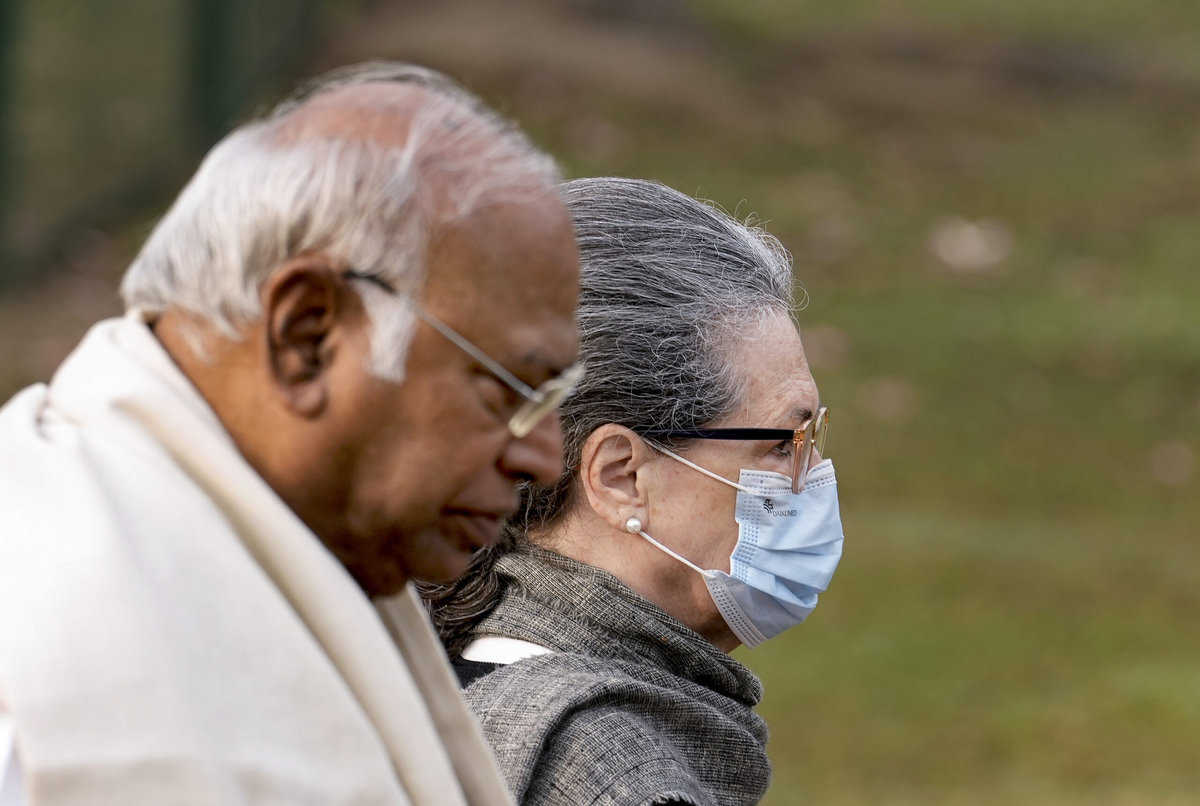
Bengaluru: In a remarkable turnaround, Mallikarjun Kharge, president of AICC and a seasoned politician from Karnataka, has rejuvenated the Congress Party, which had suffered devastating losses in two consecutive Lok Sabha elections. This resurgence was deemed almost impossible, given the party’s prior position, where it struggled even to secure the official status of the Opposition party.
Kharge, stepping in as the AICC president, has been instrumental in this revival. Notably, he is an outsider from the Gandhi family, marking a significant shift in the party’s leadership dynamics. Under his leadership, the party has regained its footing, displaying a newfound vigor and determination.
The Congress, which had once led the UPA alliance governing India for a decade, saw its number of MPs plummet to 44 in the 2014 elections. This decline continued, with the party securing only 52 seats in the 2019 elections.
The then AICC president, Rahul Gandhi, resigned following the 2019 defeat, leaving a leadership vacuum that persisted for three years. In a bid to revive the party, Mallikarjun Kharge was elected as the AICC president. His tenure has been marked by strategic coordination, particularly among the member parties of the ‘INDIA’ bloc, showcasing his adeptness at fostering unity and collaboration.
The current scenario draws parallels to the leadership of Sitaram Kesari, who led the Congress in the 1996 elections as an AICC president outside the Gandhi family. During Kesari’s tenure, the Congress won 140 seats and provided external support to the Deve Gowda-led government, acknowledging its inability to form a government independently. Today, the Congress faces a similar situation, with coalition politics playing a crucial role in its strategy.
Mallikarjun Kharge’s leadership marks a new chapter for the Congress party, emphasizing adaptability and coalition-building. As the party navigates the complexities of contemporary Indian politics, the lessons from its past and the strategic initiatives of its current leadership will be critical in shaping its future.



